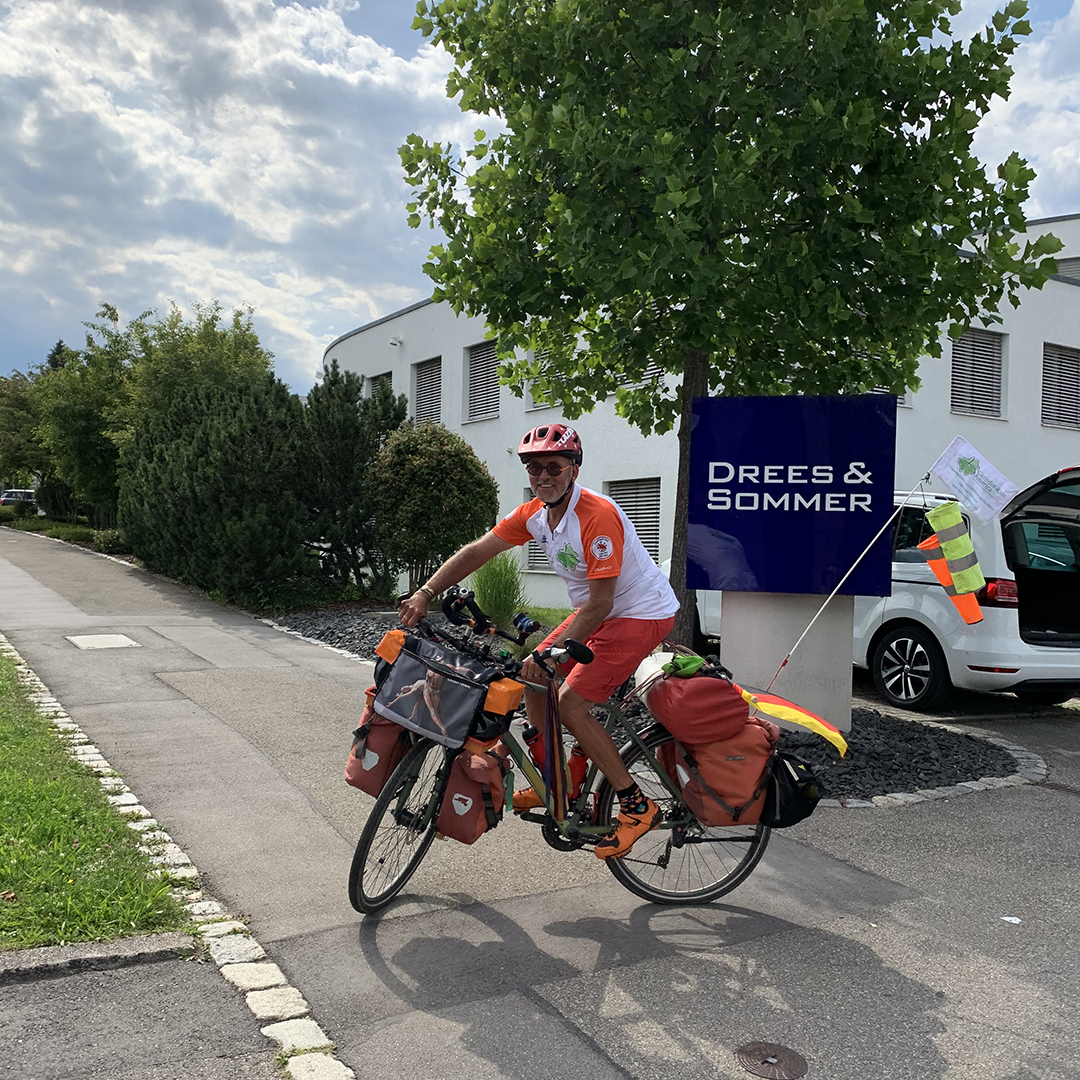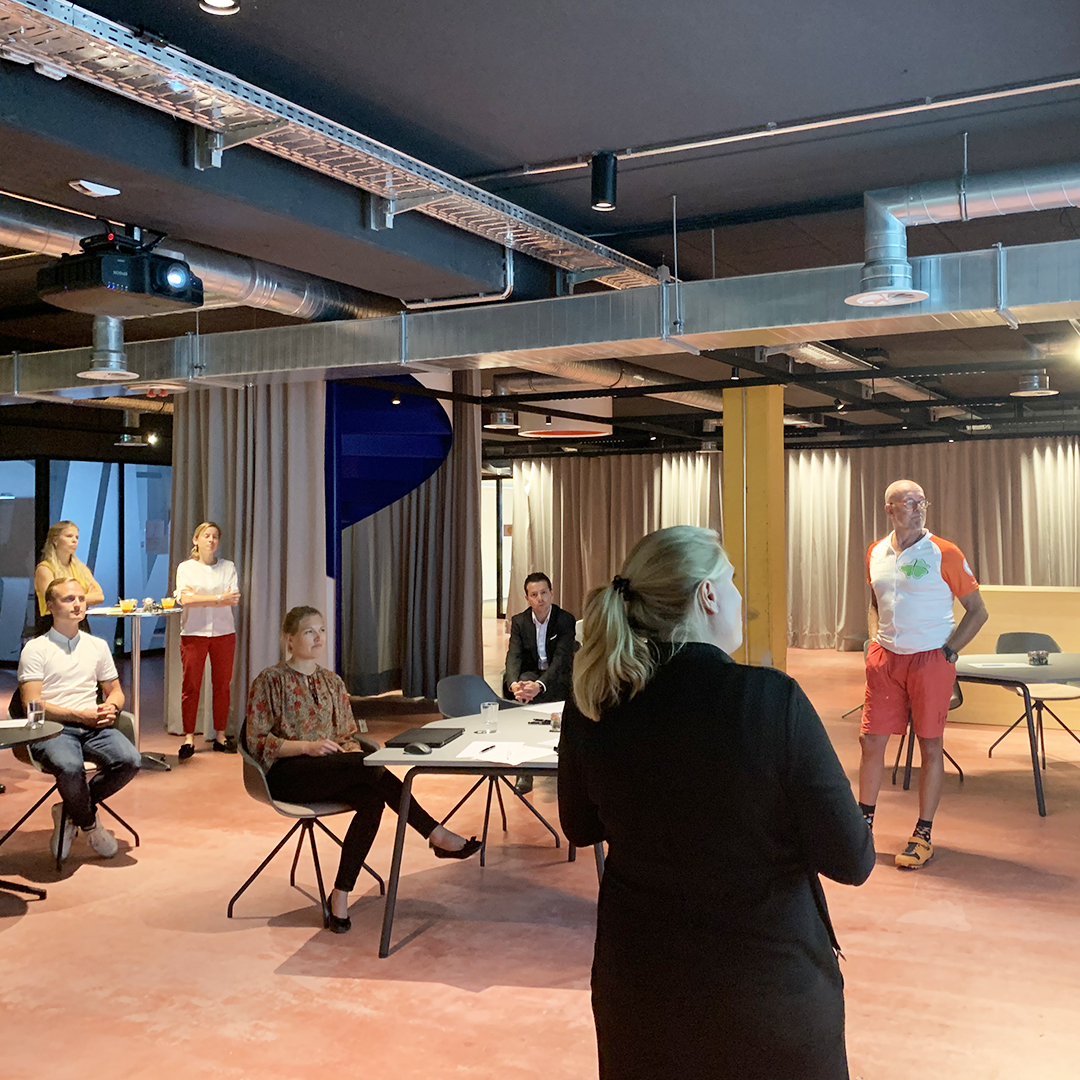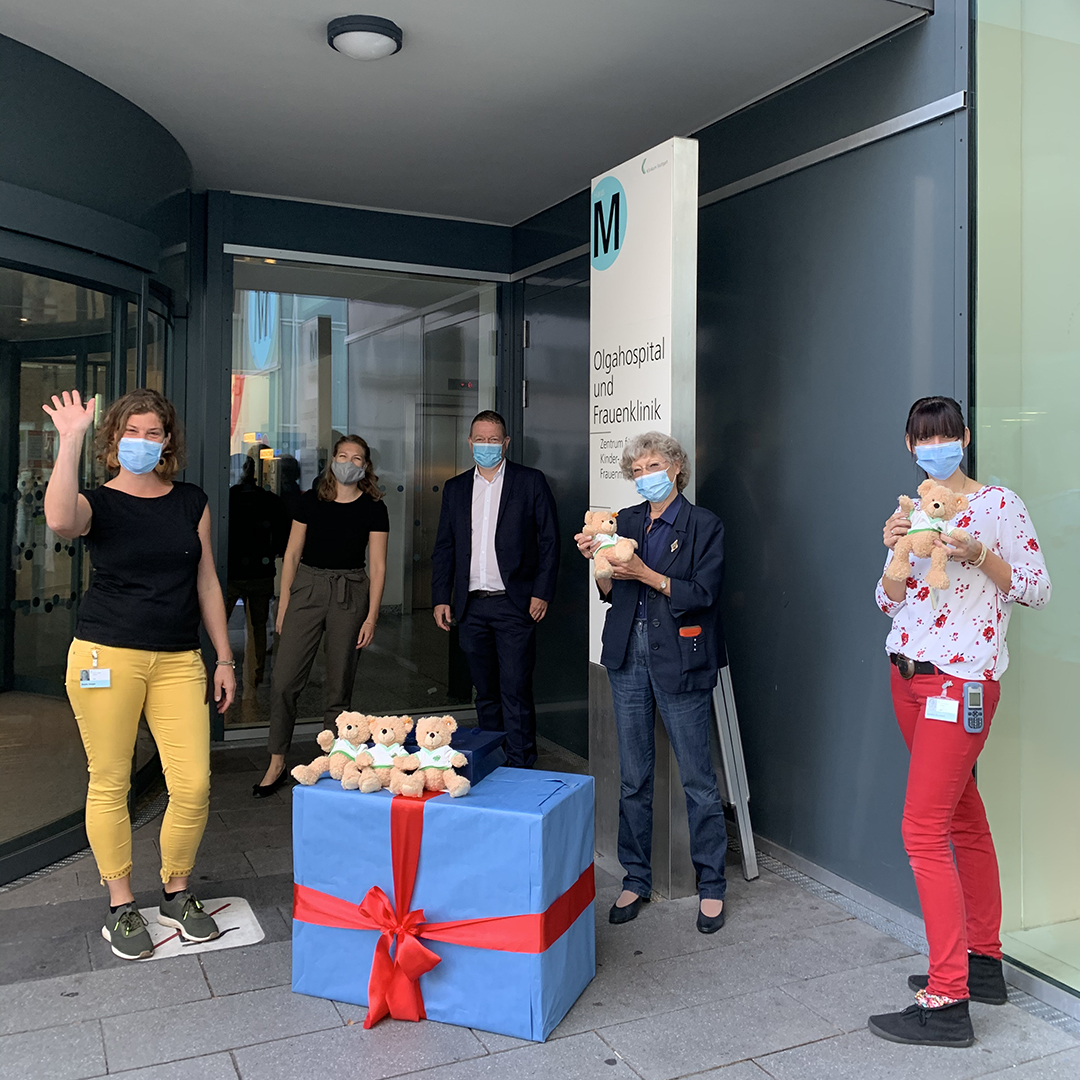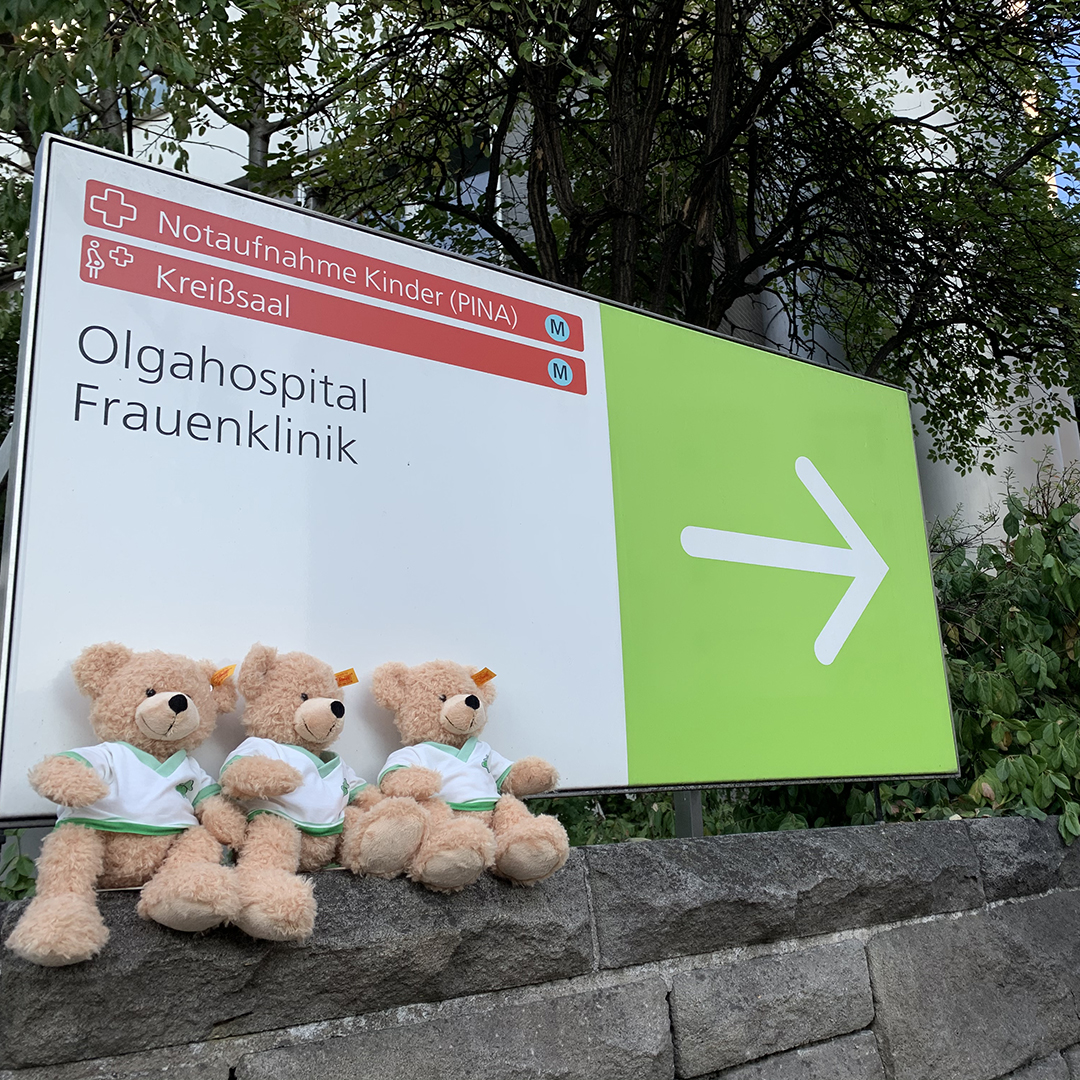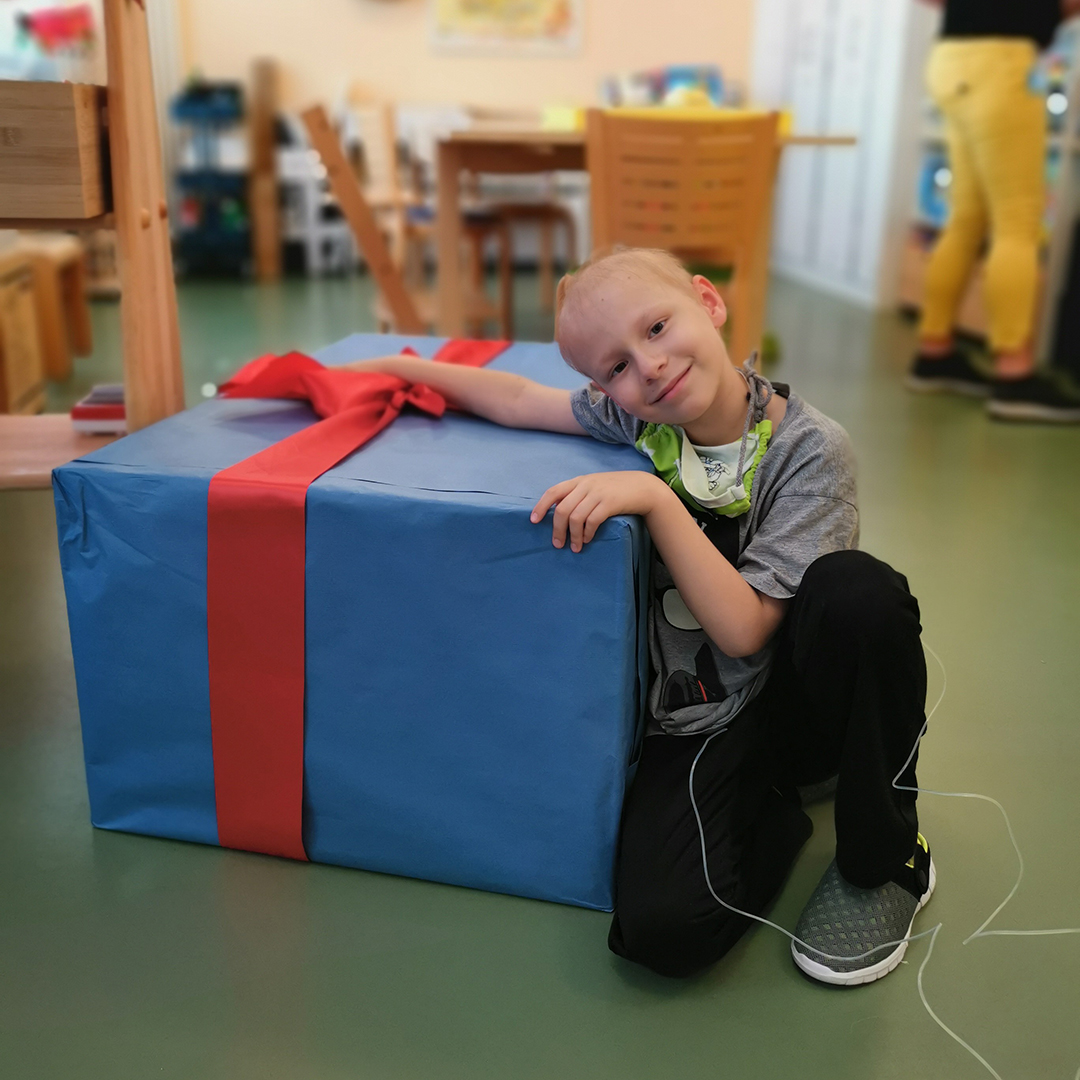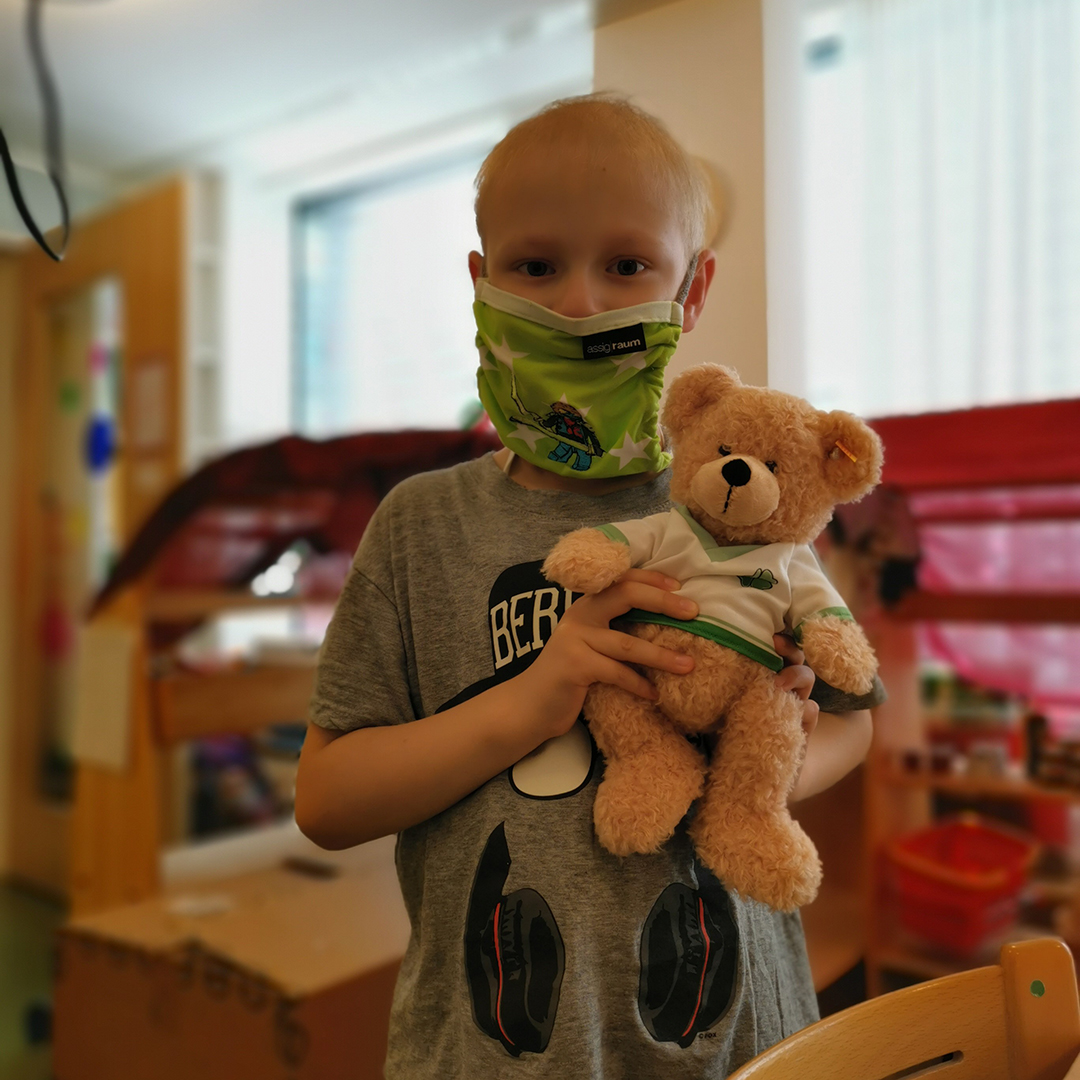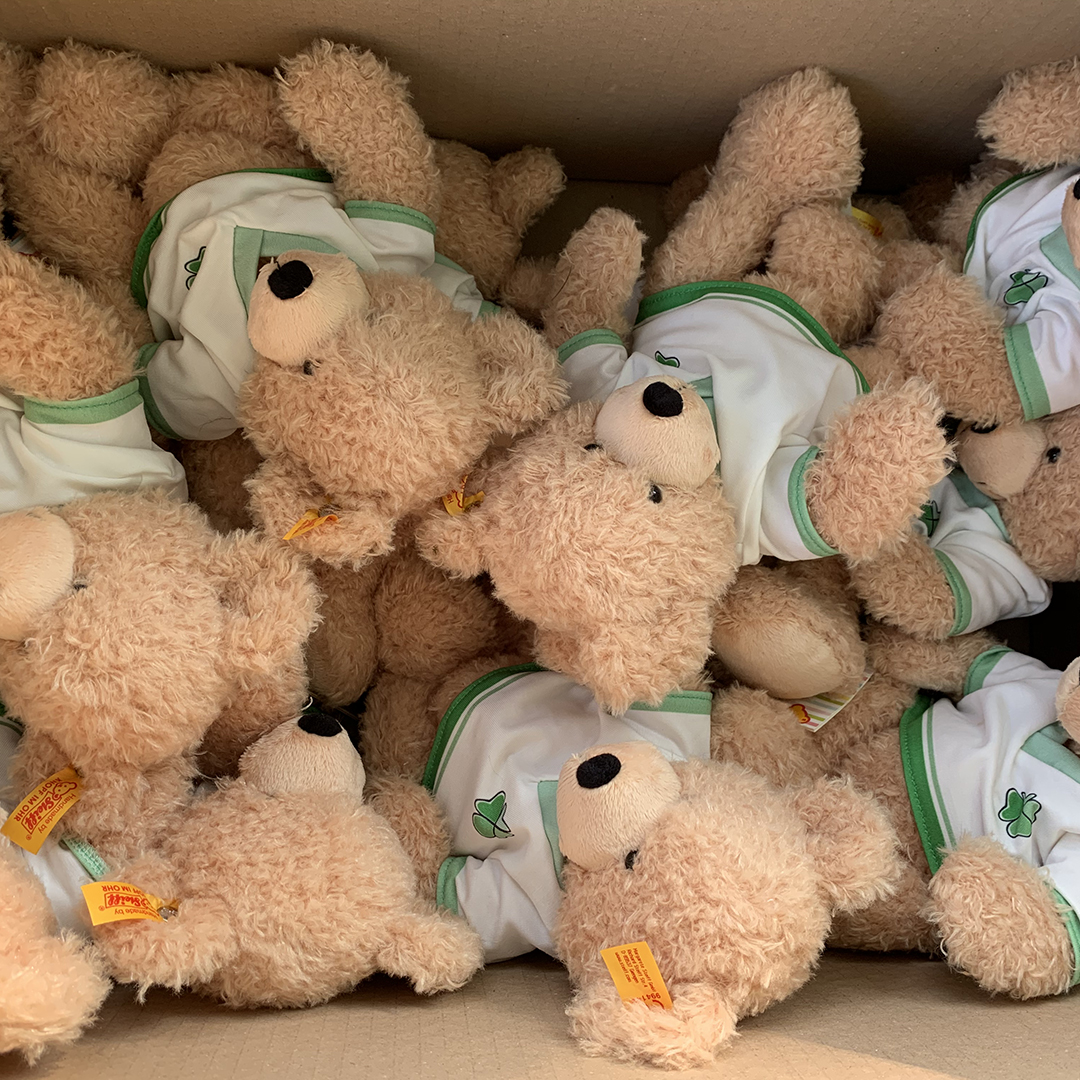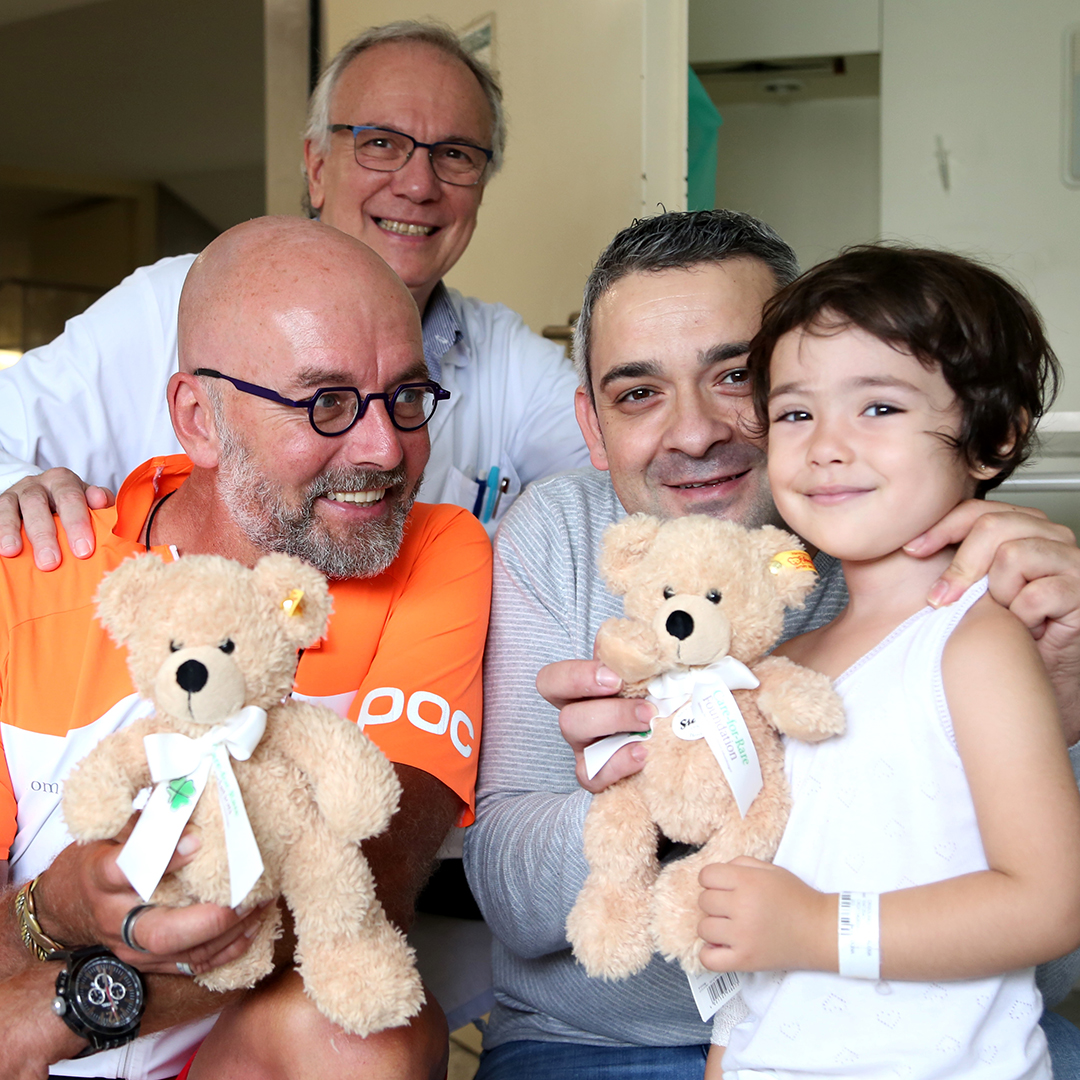Some children are sick – and no one knows what they are suffering from. Drees & Sommer wants to draw attention to the great work carried out by the Care-for-Rare Foundation, an organization that supports such children.
There are some diseases that are either unknown or remain undiagnosed: “I’ve got a disease you’ve never even heard of!” The Care-for-Rare Foundation looks after children with such rare conditions. These children are often disadvantaged in a number of ways: They are taken to a seemingly endless succession of doctors, and their conditions are frequently misdiagnosed. The Foundation is committed to promoting research to understand the causes of such diseases and to develop new ways of treating them. And they are doing this worldwide! Drees & Sommer is supporting the foundation’s work with a donation of €1,000.
“We want to help society’s most vulnerable. It often takes years for doctors to arrive at the correct diagnosis. And sadly, many of these rare diseases are incurable, and the children are simply left to their fate. We want our commitment to send a signal that the survival of such children should not depend on the profit expectations of some pharmaceutical companies,” says Sinan Eliguel, Head of HR at Drees & Sommer.
Extreme athlete Jörg Richter is also a supporter: He is traveling 3,500 km around Germany as a cycling ambassador to draw attention to the issue. He made a brief stopover in Stuttgart to visit the HR team at Drees & Sommer, where he talked about his journey, the people he has met, and the foundation’s work.
To give the children something they can enjoy directly, Drees & Sommer is also donating 47 Steiff teddy bears to the children’s cancer ward of the Olgahospital in Stuttgart. The Care-for-Rare Foundation receives three euros from the purchase price of each ‘Benjamin’ teddy. The colleagues from HR see the teddies as a way of supporting the outstanding work of the ‘Olgäle’, as the hospital is affectionately known, while at the same time bringing joy to the children. “There is a playroom on the ward, and we feel it’s very important to create a feeling of well-being there,” says Jasmin Gusbeth, a childcare specialist in the pediatric oncology department of the hospital. And the teddies have found a new home there, too.
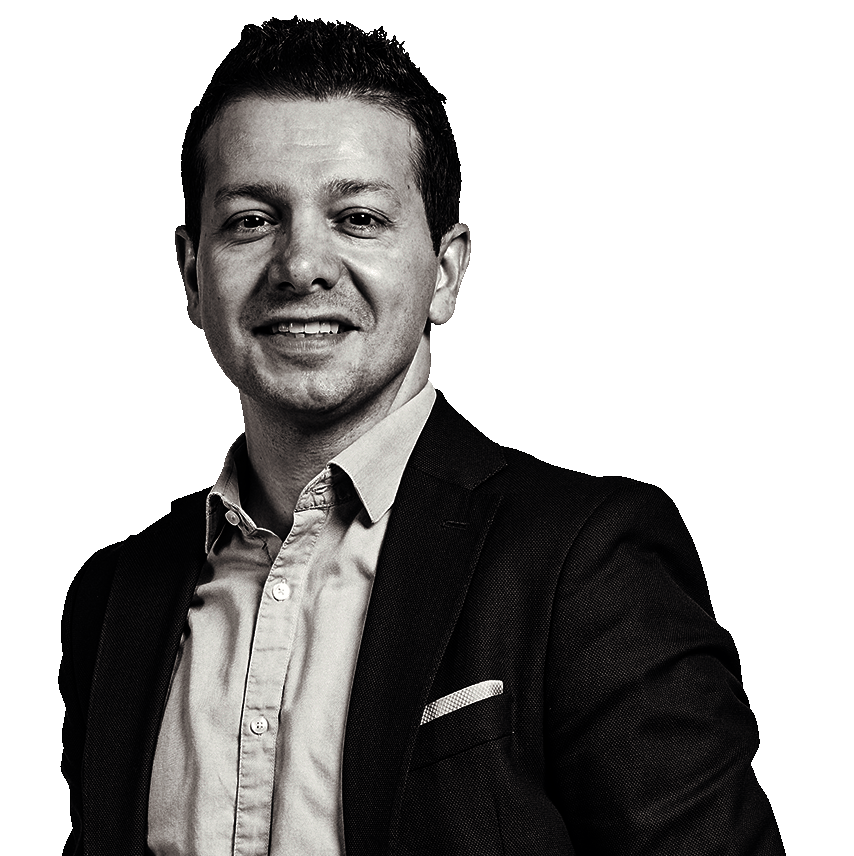
“We want to do something to give the children hope that one day treatments and medicines will be developed that can help them.”
Sinan Eliguel, Head of HR, Drees & Sommer



